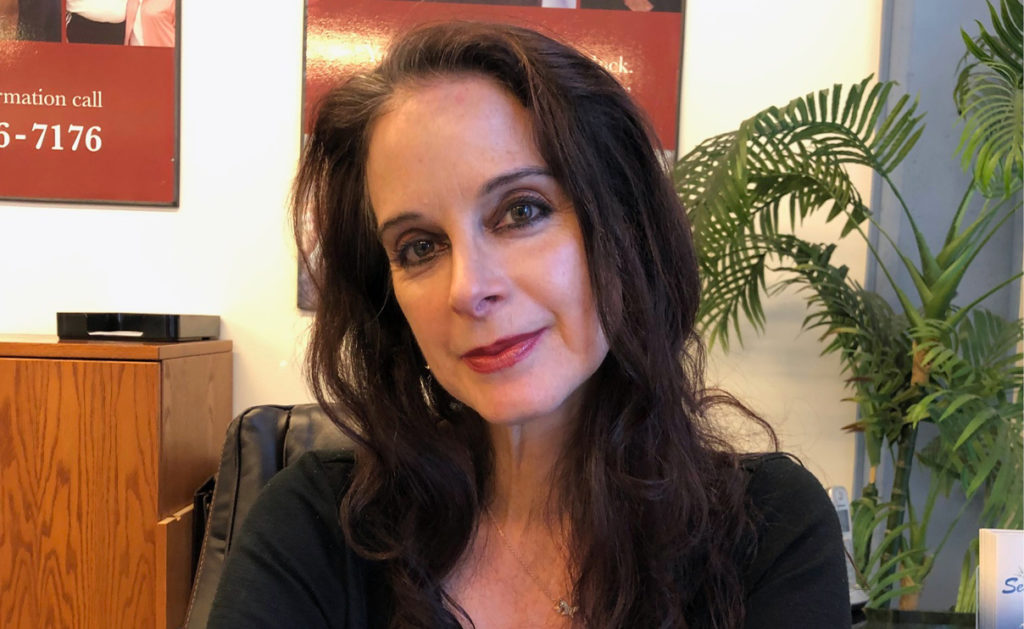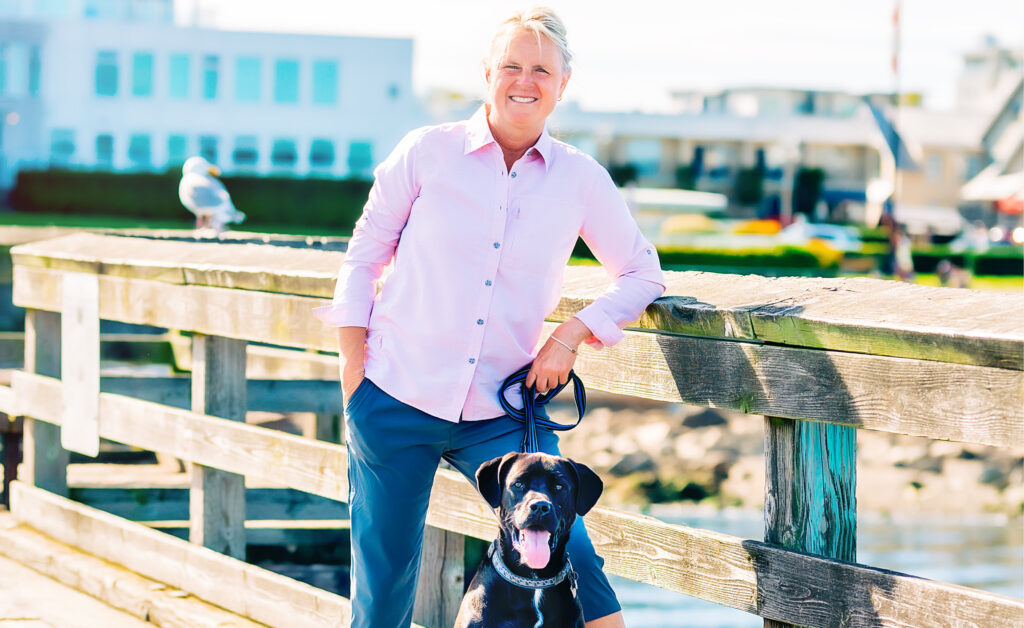by Sherrin Griffin – VP, Operations, Sidney SeniorCare –
Some of my best childhood memories are when I stayed overnight at my grandparents’ house. My Nana and I would stay up way past my normal bedtime, drinking hot chocolate and watching old comedies together. I remember asking her once why she stayed up so late and didn’t seem to sleep very much. “Sleep?!” she exclaimed, with an incredulous look, “I’ll have plenty of time to sleep when I’m dead!” Nana always seemed to be up before anyone else and go to bed after everyone else. As a kid, I couldn’t wait to be Nana’s age so that I didn’t have to go to bed either! Now, as an adult, I wonder if the desire to sleep was there, but the ability to do so was compromised.
Fast forward to now … as my peers and I approach our 60s, there is definitely a common thread in our conversations … SLEEP … or the lack thereof. We are all painfully aware of one very significant downfall that we’ve noticed in the aging process: the increasing difficulty of getting a good night’s sleep. Even those who have been blessed to experience a solid eight hours of blissful sleep most of their lives seem to hit a wall when they approach their senior years.
Extensive studies have revealed just how critical sleep is to our health, wellbeing, and longevity, along with legitimate reasons why sleep seems more elusive as we age:
Hormonal Changes. Hormone levels fluctuate during perimenopause and menopause which can cause undesirable side effects for women, insomnia being one of them. Men’s testosterone levels decline as they age and can affect sleeping patterns. Talk to your doctor or naturopath about hormone testing to find out where your levels are. These days, Hormone Replacement Therapy (HRT) offers bioidentical options that are much safer and more effective than their predecessors. Herbal supplements can also balance hormones gently.
Decline of Melatonin. Our body’s production of this sleep-regulating hormone decreases as we age. Night-time levels of melatonin in a 70-year-old are only a quarter or less of those seen in young adults. Seniors experience less of the healing deep-sleep stage, resulting in more wakeful periods at night. Thankfully, melatonin supplements are readily available; talk to your healthcare practitioner to find the one most suited for your needs.
Medications or Health Conditions. Some medications can negatively impact sleep, as can dealing with pain. It may be difficult or painful to lie flat and get comfortable enough to fall asleep. Certain health conditions such as diabetes, prostate issues, congestive heart failure and kidney disease can also contribute to sleep disturbances. Sleep apnea, and other breathing-related disorders, also increase with age. And, although seemingly benign, snoring, either your own or your partner’s, can lead to consistent sleepless nights with health risks down the road.
Decrease in Overall Activity Levels. Remember how active we were as children – running, biking, playing; our bodies constantly in motion? That regular exercise helped to balance our circadian rhythm. While many of us strive to remain active as we age, there are factors that may interfere with our good intentions: loss of mobility, pain from osteoarthritic conditions, and other wear-and-tear on the body that may result in a sedentary lifestyle.
Our primordial need for sleep has remained virtually unchanged since the beginning of man’s existence. The good news is that in this day and age a good integrated healthcare approach can provide the knowledge and tools to improve sleep quality at any age, sending you well on your way to sweet dreams.




